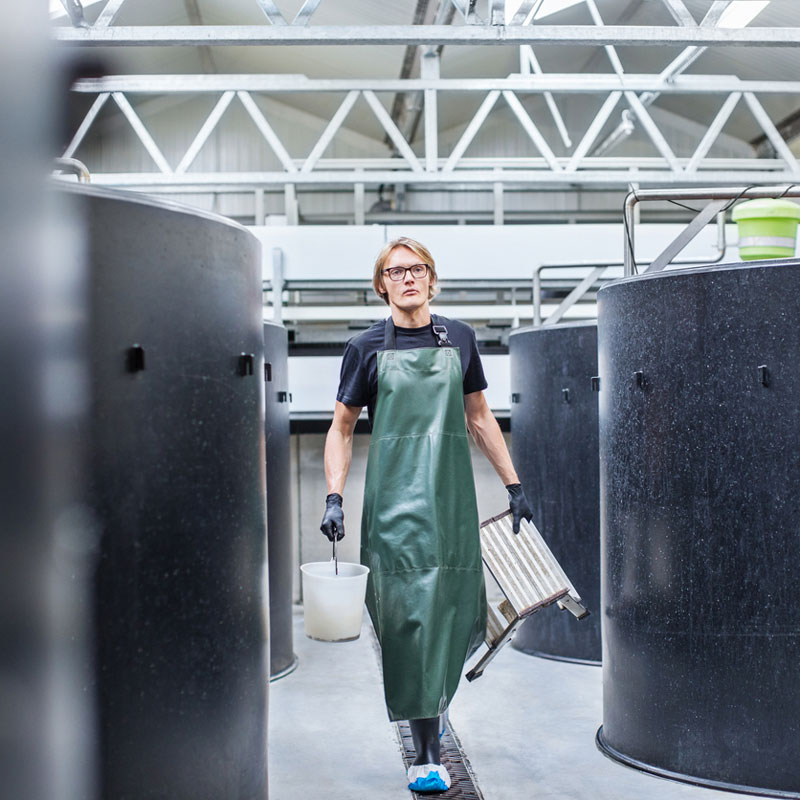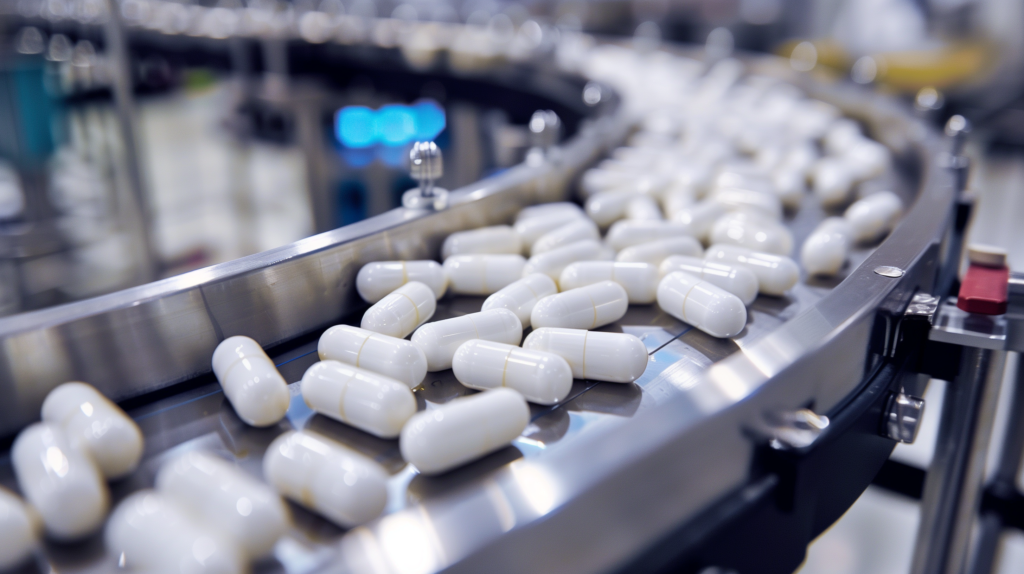*FAO – The Food and Agriculture Organization of the United Nations.

Aquaculture is rapidly evolving with the adoption of Recirculated Aquaculture Systems (RAS), offering significant benefits over traditional methods like coastal net pens (CNP).
RAS systems, utilizing recirculated water in land-based fish tanks, promise improved environmental performance and higher production capacities.
Fishways’ SBP technology enhances the ecological and economic viability of RAS systems, addressing global challenges in aquaculture sustainability.
While the benefits of RAS systems are substantial, such as the ability to significantly boost fish production even in landlocked regions, thereby enhancing food security, improving environmental conditions, and reducing reliance on imports, the adoption of this technology has been slow due to economic, expertise, and ecological challenges, which Fishways is committed to addressing.
The high capital costs involved in establishing and operating RAS systems may deter many would-be RAS entrepreneurs.
The equipment required to recycle the water used in RAS facilities is expensive, and economic advantages only present themselves at mass production.
Until now, only large operators could afford to set up new, profitable RAS facilities, pushing out small operators.
RAS facilities often employ staff with expertise in raising and tending fish stock but may lack specialized knowledge in the proper maintenance of advanced biofilters.
This expertise gap can lead to overstaffing for the purpose of maintaining biosecurity measures, and in some cases, it can pose serious risks, including death among the fish population.
Operators who are reliant on outdated CNP methods may find themselves unable to effectively maintain these facilities, exacerbating risk factors.
RAS facilities must routinely purge 10%-30% of their water daily as part of their treatment regimen.
This dual requirement presents significant challenges: firstly, ensuring a consistent and reliable supply of clean water; and secondly, responsibly managing the discharge of excess water to mitigate potential environmental harm.
Balancing these demands is crucial for the sustainable operation of RAS facilities, requiring innovative solutions and careful stewardship of resources.
Fishways is leading the charge in delivering pioneering solutions to the economic, expertise, and ecological challenges confronting RAS systems today.
Our innovative bioreactor capsules mark a paradigm shift in aquaculture biofiltration, offering a highly efficient and cost-effective alternative to conventional methods.
By replacing bulky and costly biofilters, our capsules streamline fish farming operations, maximizing profitability, simplifying management, and promoting ecological sustainability.

Whether you’re an investor interested in partnering with us, a fishery aiming to optimize operations, or a stakeholder in the aquaculture industry, let’s work together to build a world where aquaculture and the planet can thrive.